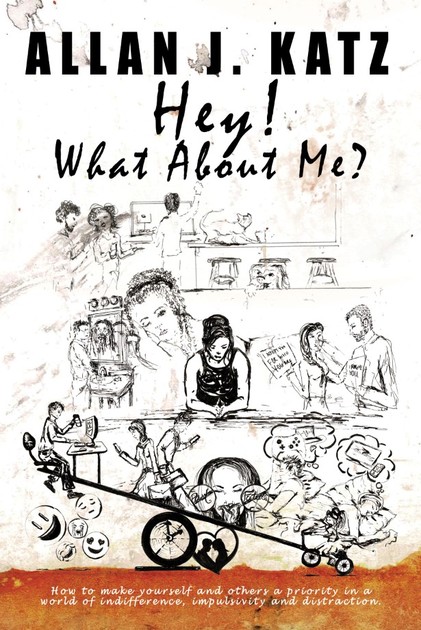
How To Make Yourself and Others a Priority in a world of indifference, impulsivity and distraction
To keep your relationship brimming with love in the loving cup. Whenever you’re wrong, admit it. Whenever you’re right, shut up. – Ogden Nash
1. If you can agree on what constitutes a clean kitchen, you can agree on anything. Most of my clients argue over the most minute details and the important stuff never gets discussed.
2. Imagine your partner as a small child when they irritate you. When we can imagine being childlike it brings back memories of how cute we are as kids.
3. Marry someone with a backbone who appreciates yours as well. Yes, honey, I will go with you to Target to buy baby clothes but on our next date night we’re going to a scary movie.
4. Accept everyone needs alone time. Remember the hula hoops. When one is on top of the other it means a controlling relationship. A healthy relationship is one where you give each other some alone time and spend some time together as well.
5. In years past only medical professionals and emergency workers had beepers which alerted them to an emergency. Today all of us have cell phones and every call becomes an emergency. A person can be in the middle of prayer or meditation and if his phone rings, he will interrupt his dialogue with G-D to answer his phone. After all, who is more important, me or G-D? Usually it’s his wife telling him to go pick up some groceries on his way home.
Psychologically it’s all about ego. A person says to himself, I am so important that I might miss the get-rich-quick deal I’ve been waiting for, for the past 10 years, so I interrupt what I’m doing and answer the phone. We become enslaved to the notion that whatever we’re doing now is not as important as what may be on the other end of that phone, even if it’s 6:30 in the morning.
We’re so enslaved to the phone that we get up from the dinner table to answer it, when usually it’s a non-profit organization asking us to leave our old, dirty clothes outside in a bag for them to pick up.
Copyright Allan J. Katz, 2025

 Previous
Previous

